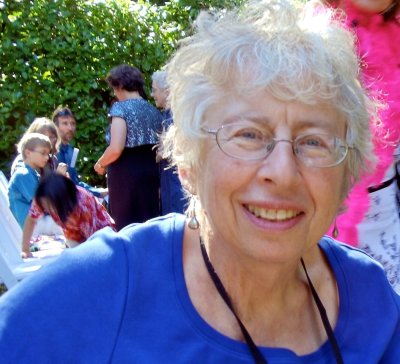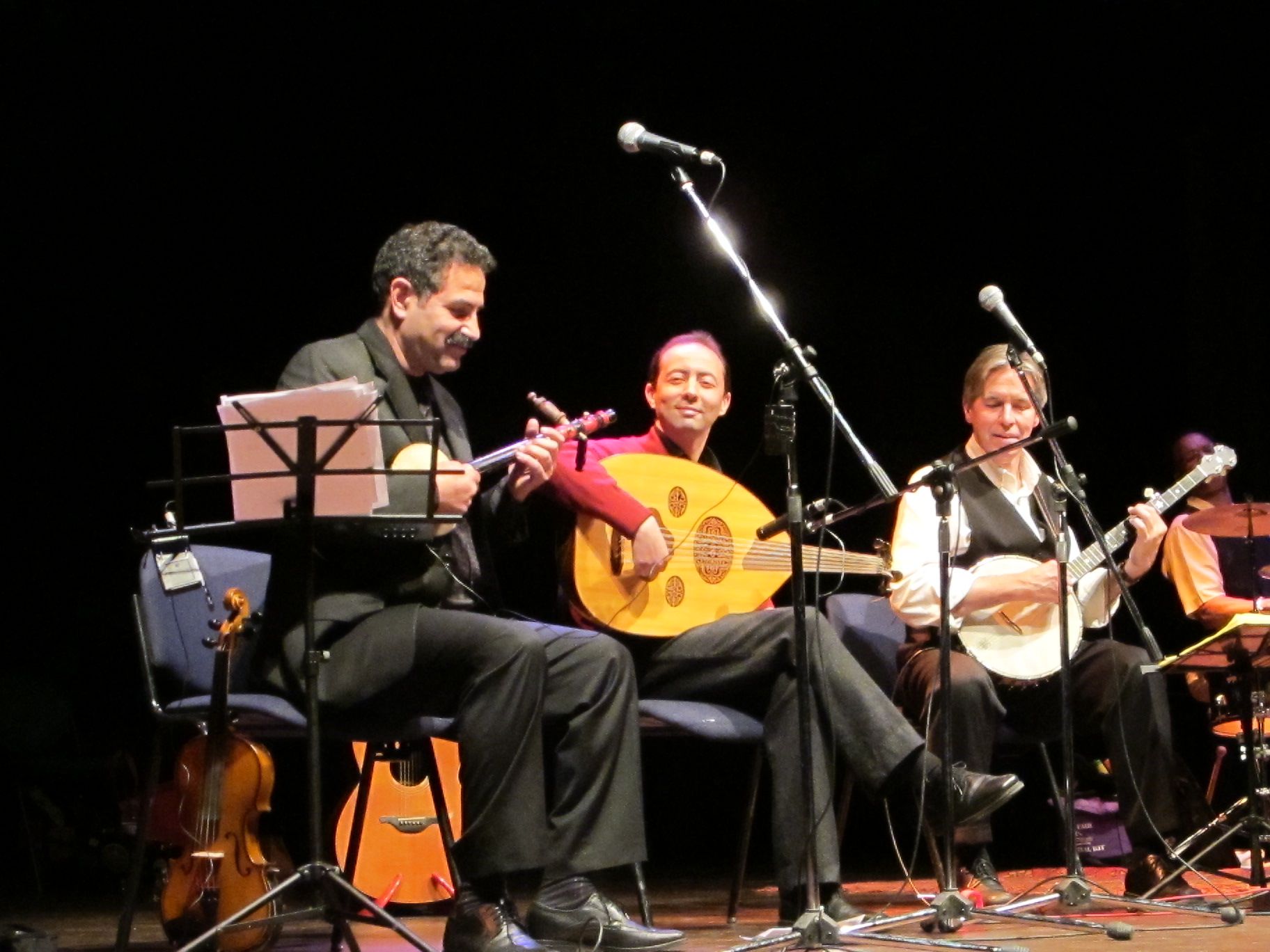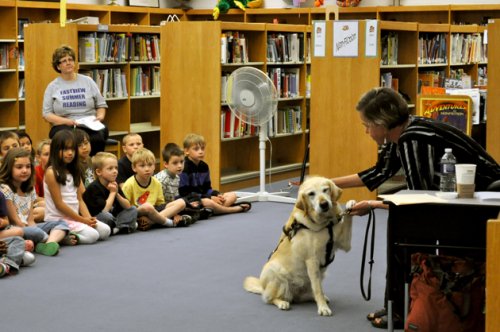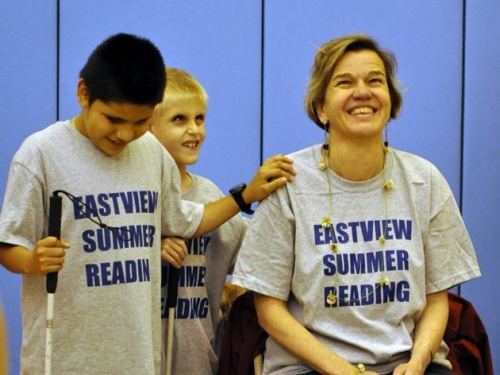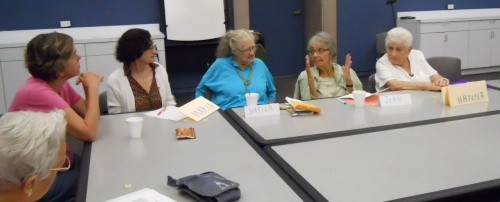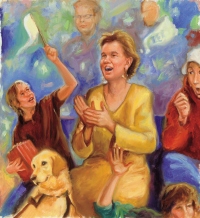When your birthday falls on September 11
September 11, 2010 • 12 Comments • Posted in memoir writing, Uncategorized, writingMyrna Knepler enrolled in my memoir-writing class after retiring from teaching at Northeastern Illinois University. Having a smart woman like her as a student could have been intimidating, but Myrna is so sweet, so patient and so downright fun that you just can’t be nervous around her. Plus she has a terrific laugh!
Myrna saw a story in the New York Times about people with birthdays on September 11 and showed up in class Wednesday with an essay on the subject. Here’s an excerpt from Myrna’s essay:
I am one of those whose routine compliance to a request for identification at the bank, the airport, and the doctor’s office elicits comment, and sometimes commiseration. Yes, my birthday is September 11th. Unlike other days marking tragic events like Pearl Harbor, this event, like the festive 4th of July is known by the date it occurred. Most people can’t help commenting.
People who share that birthday are quoted in the Times article as coping in various ways. Some still limit their birthday celebration even years after the 2001 tragedy. Others try to ignore what they see is only a coincidence. Myrna said she tends to do the latter, but there is always some sense of tragedy on her birthday morning. She turns on the radio, or opens the newspaper, and there it is. In the New York Times, a September 11 birthday is described as a conundrum.
Every year since, there is a strange confluence of events for those born on Sept. 11. It might be a point of pride to share a birthday with literary lions (D. H. Lawrence and O. Henry) or celebrities (Maria Bartiromo, Brian De Palma, Valentino and Moby), but sharing the day with a national tragedy is a conundrum.
In 2001, Myrna was supposed to celebrate her birthday at dinner with two of her daughters. Instead, they spent the evening at the Red Cross.
There were lots of people there, and strangers talked easily to one another. The Red Cross was overwhelmed with people wanting to give blood and give us an appointment for another day. We grabbed a bite to eat and went home.
One of the women interviewed in the New York Times story will turn 40 next year, the tenth anniversary at Ground Zero, and says she doesn’t look towards that birthday with the dread she might have otherwise. “The events of that day made aging seem like such a minor worry.” I have a feeling that might be how Myrna feels, too. I’ll say this: I’m sure glad Myrna was born, and I feel oh so fortunate she found her way into our memoir-writing class. As the Beatles like to say, Myrna: “I’m glad it’s your birthday. Happy birthday to you!”
